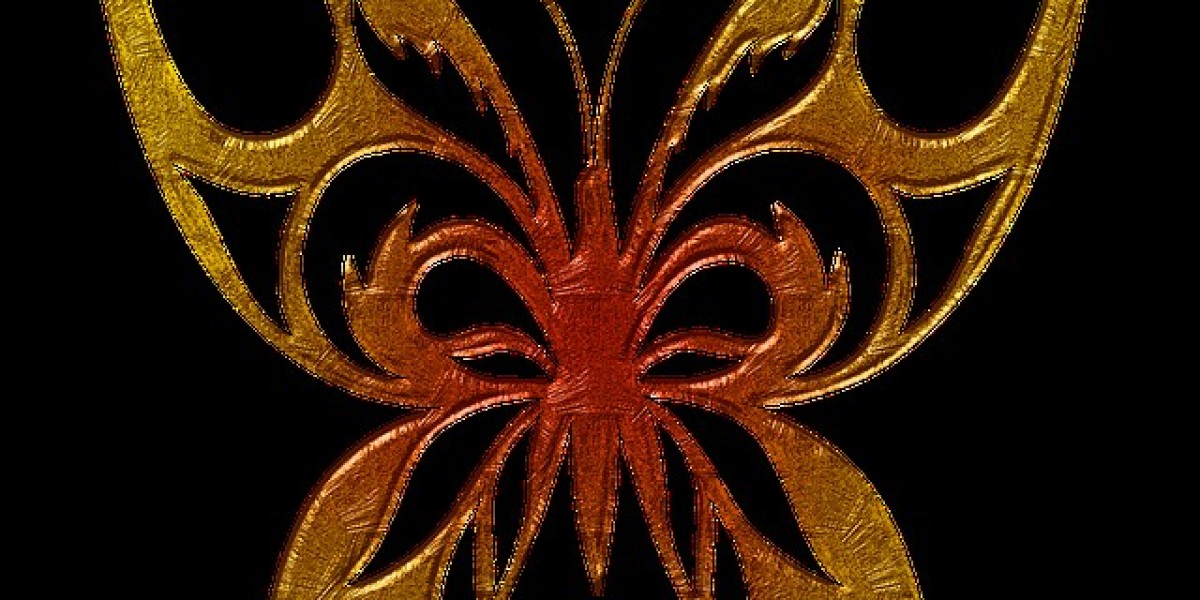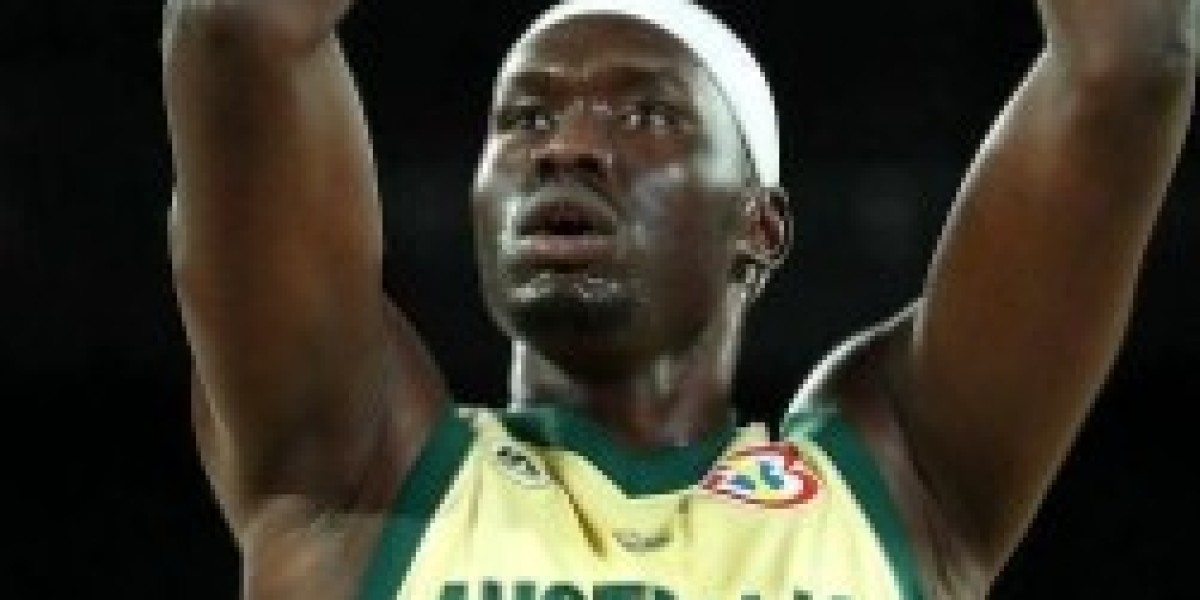Introduction:
The year 1963 witnessed a tragic event that sent shockwaves through the world - the assassination of the 35th President of the United States, John F. Kennedy. On November 22, 1963, in Dallas, Texas, President Kennedy was brutally shot and killed while riding in a motorcade through Dealey Plaza. This fateful day marked an indelible moment in American history and brought about a wave of grief and uncertainty that would persist for years to come.
Body:
As President Kennedy's motorcade made its way through the streets of Dallas, the atmosphere was electric. Thousands of onlookers had gathered to catch a glimpse of the charismatic leader, whose youthful charm and vision for a better future had captivated the nation. However, unbeknownst to the crowd, a sinister plot was unfolding in the shadows.
At 12:30 p.m., tragedy struck. The sound of gunshots shattered the air, sending panic and chaos rippling through Dealey Plaza. President Kennedy was struck by two bullets, one to the neck and another to the head, causing mortal wounds. In a matter of seconds, the cherished leader of the free world lay slumped in the backseat of his car, his life cruelly snuffed out.
Immediate confusion followed the gunshot echoes. Law enforcement officers and bystanders rushed to the scene, desperately trying to comprehend the enormity of what had just occurred. Jacqueline Kennedy, the First Lady, who had been seated beside her husband, witnessed the unimaginable, and her courage in the face of such tragedy would forever be remembered.
The news of the President's assassination spread rapidly, reaching every corner of the nation. Americans from all walks of life were united in their grief and disbelief. Television screens flickered to life, displaying the iconic image of Walter Cronkite removing his glasses, struggling to hold back tears, as he broke the news to a shocked and grieving nation.
In the wake of the assassination, a massive manhunt ensued. Lee Harvey Oswald, a former Marine and self-proclaimed Marxist, was identified as the primary suspect. However, Oswald's arrest was short-lived, as two days later, he himself was killed by Jack Ruby, a nightclub owner seeking his own form of justice. The entire sequence of events only deepened the sense of confusion and suspicion surrounding the tragic incident.
The death of President Kennedy had profound implications for the United States and the world at large. It shattered the nation's sense of security and invincibility, forever altering the political landscape. Lyndon B. Johnson was sworn in as the new President, and the Kennedy administration's unfinished agenda would be left incomplete. The nation mourned, and the hopes and dreams that Kennedy had inspired would remain forever suspended in a moment of tragic loss.
Conclusion:
The assassination of President John F. Kennedy remains a haunting and pivotal moment in history. 1963 ended on a somber note, with a nation grappling with the loss of a beloved leader and questioning the fragility of democracy. The memory of that fateful day still lingers in the collective consciousness, serving as a reminder of the enduring power of leaders to inspire and the devastating consequences of violence.



